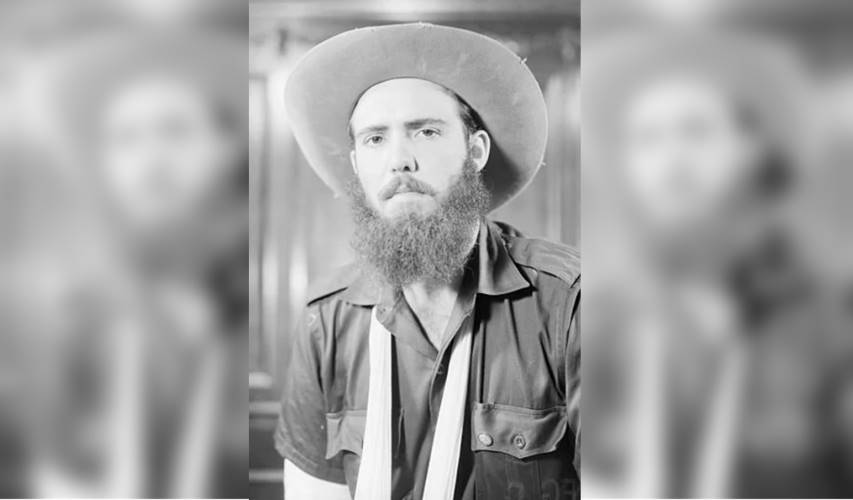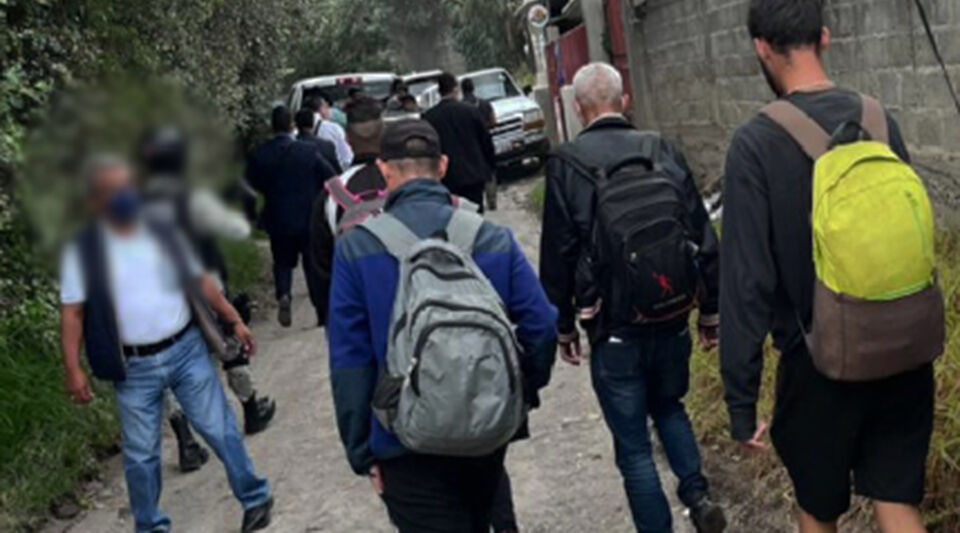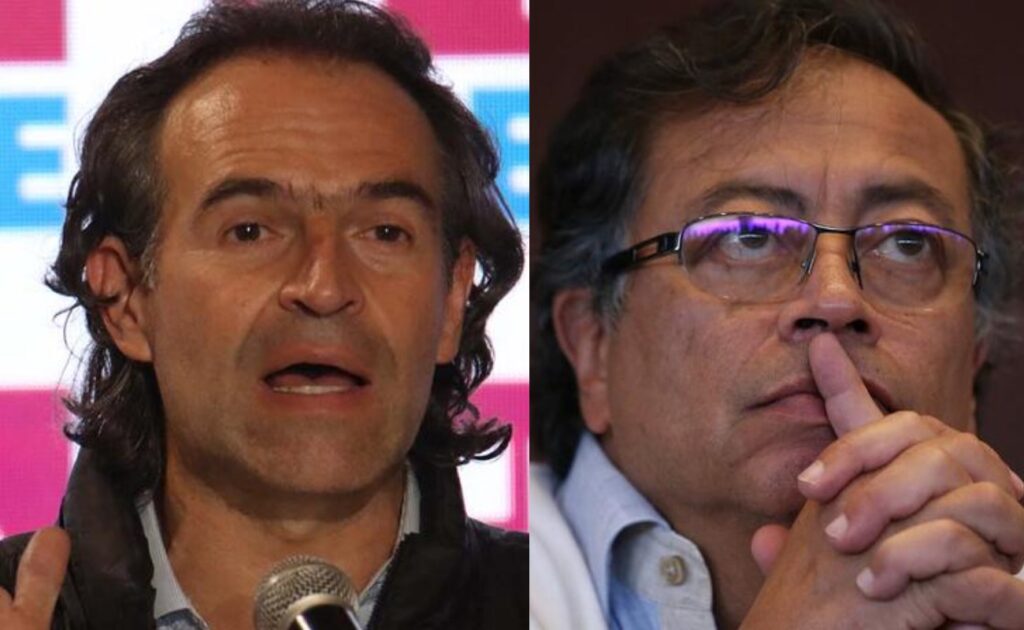MIAMI, United States. — Rolando Cubela Secades, former commander of the Rebel Army and former political prisoner, died this Tuesday in Miami at the age of 89, a victim of cardiorespiratory problems, they informed cybercuba sources close to the deceased.
The report of that medium indicates that Cubela died around eight in the morning in a city hospital where he remained hospitalized for several weeks.
Born in the city of Cienfuegos in 1932, Rolando Cubela was a former reformist student leader and doctor who participated in the fight against the dictatorship of Fulgencio Batista as a member of the Revolutionary Directorate founded by José Antonio Echeverría.
On October 27, 1956, Cubela was part of the Revolutionary Directorate armed group that executed Antonio Blanco Rico, head of Batista’s Military Intelligence Service (SIM).
On March 13, 1957, he joined the command that carried out the attack on the Presidential Palace of Cuba.
In 1958, Cubela Secades led, together with Faure Chomón, the guerrilla group that the Revolutionary Directorate established in Escambray and coordinated its actions with the guerrilla columns of the July 26 Movement that arrived in the area in October 1958 under the command of Ernesto Guevara and Camilo Cienfuegos. .
After the rebel triumph in 1959, Cubela was recognized as commander of the Cuban armed forces. In 1959 he was elected president of the University Student Federation (FEU) in a bid with the right-wing candidate of the July 26 Movement, Pedro Luis Boitel.
In 1966, Rolando Cubela was accused by Cuban authorities of participating in a CIA plot to assassinate Fidel Castro and sentenced to 30 years in prison. After being released in 1979, he went into exile in Spain.
Cuban journalist Wilfredo Cancio reviews in cybercuba that the biography of Rolando Cubela is “full of transcendental events that still remain under a cloak of secrecy, among them his link with the Central Intelligence Agency (CIA)”.
Cancio indicated that Rolando Cubela settled in the United States about 20 years ago and that he established his residence in Miami Beach, although during that period he remained on the sidelines of public activities and political activism in exile.
For decades, the state propaganda of the Cuban regime described the former rebel commander as a “traitor to the Revolution”, in addition to highlighting his alleged links with US intelligence.
Receive information from CubaNet on your cell phone through WhatsApp. Send us a message with the word “CUBA” on the phone +1 (786) 316-2072, You can also subscribe to our electronic newsletter by giving click here.















